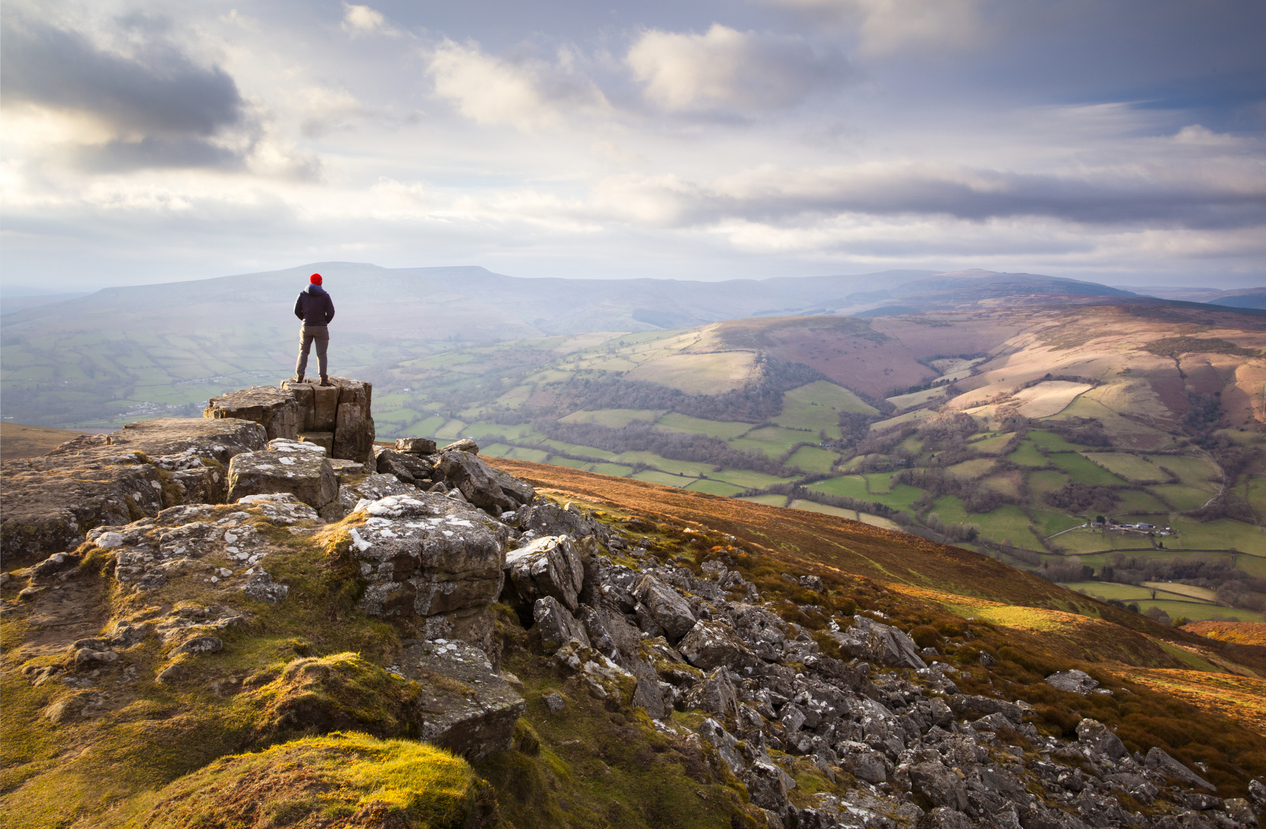According to our Chief Medical Officer, Dr. Michelle Nathan, “The higher you go, the “thinner” the air gets, and when you go too high too fast, your body cannot get the oxygen it needs.”
Whether you’re traveling for business in Mexico City, taking a break from studying near Machu Picchu, or even doing some camping in the Swiss Alps, here is Dr. Nathan’s advice for travelers looking to stay healthy in high altitude destinations.

1) Learn about your destination—believe it or not, you don’t have to climb to the top of Mount Everest or ski the highest mountain in the Swiss Alps to experience altitude sickness. In fact, many people plan trips to high altitude destinations and may not even know it. A general rule of thumb is the closer you live to sea level, the harder of a time you’ll have when visiting higher altitudes—also, be particularly cautious if you’ve experienced symptoms of altitude sickness before.
2) Go to the doctor—after you’ve done your research and decide you could be at risk for altitude sickness, book an appointment with your doctor or a travel medicine clinic before you leave for your trip. In particular, people with pre-existing conditions, especially those with heart disease, lung disease, and pregnant women, should see their doctors before traveling to higher elevations. Depending on your risk factors, some doctors might advise you to pack ibuprofen (effective for relieving altitude-induced headaches) and ginger chews, capsules, or tea, which can help quell altitude-induced stomach nausea. There are also medications that can shorten the time it takes to get used to being at high elevations. You can talk to your doctor about the best options for you.
3) Acclimate slowly—getting acclimated to higher elevations than you’re used to can take anywhere from 1-3 days at a given altitude. At the beginning of your trip, consider spending a night or two at an “intermediate” altitude before going higher—for example, instead of flying directly from Boston to La Paz, plan on spending a day or two in say, Valencia first. Also, take it easy for the first 24 to 48 hours of your trip and plan quieter activities before going all out with higher-intensity endeavors. This is easier said than done, but will help avoid headaches (literally) from creeping up on your trip. And don’t forget—even everyday activities (like shopping!) at higher altitudes can feel more difficult at first, so take it easy and rest whenever you need it.
4) Watch What You Eat…and Drink—when all is said and done, complex carbohydrates allow you to use oxygen more efficiently and help maintain your energy levels—both important factors in preventing altitude sickness. Plan on eating plenty of complex carbohydrates including whole grains, fruits, vegetables, and legumes.
And remember, at high altitudes you want to add water to your body, not deplete it. Avoid alcohol for the first 24 to 48 hours at altitude. After that, be moderate with alcohol- and drink plenty of water, especially if you’re active. If you’re a regular caffeine user, continue your caffeine intake. Good news for coffee drinkers: you actually don’t want to stop drinking your usual caffeinated beverages because the withdrawal symptoms may mimic and exacerbate symptoms of altitude-sickness.
5) Know the Danger Signs—symptoms of altitude sickness can surface with even the healthiest athletes and are NOT a sign of weakness!
Do not ascend to higher elevations if you have any signs of altitude illness such as:
-
-
Headaches
-
Tiredness/Fatigue
-
Lack of appetite
-
Nausea
-
Vomiting
-
If these symptoms don’t improve in a few days, you should move to a lower altitude to avoid becoming seriously ill.
The good news is that most altitude-induced symptoms are mild and can be avoided by following the tips described above. However, in the unlikely event these above symptoms become more serious, it’s important to know who you can contact in the event of a medical emergency abroad. On Call’s travelers can rest assured that no matter where they are traveling, we can help get them into the hands of appropriate medical care whenever—and wherever–they need it. Contact us today to learn more.
About On Call International:
When traveling, every problem is unique–a medical crisis, a political threat, even a common accident such as a missed flight. But every solution starts with customized care that ensures travelers are safe and protected. That’s why for over 25 years, On Call International has provided fully-customized travel risk management and emergency assistance services protecting millions of travelers, their families, and their organizations. Visit www.oncallinternational.com and follow us on LinkedIn to learn more.


